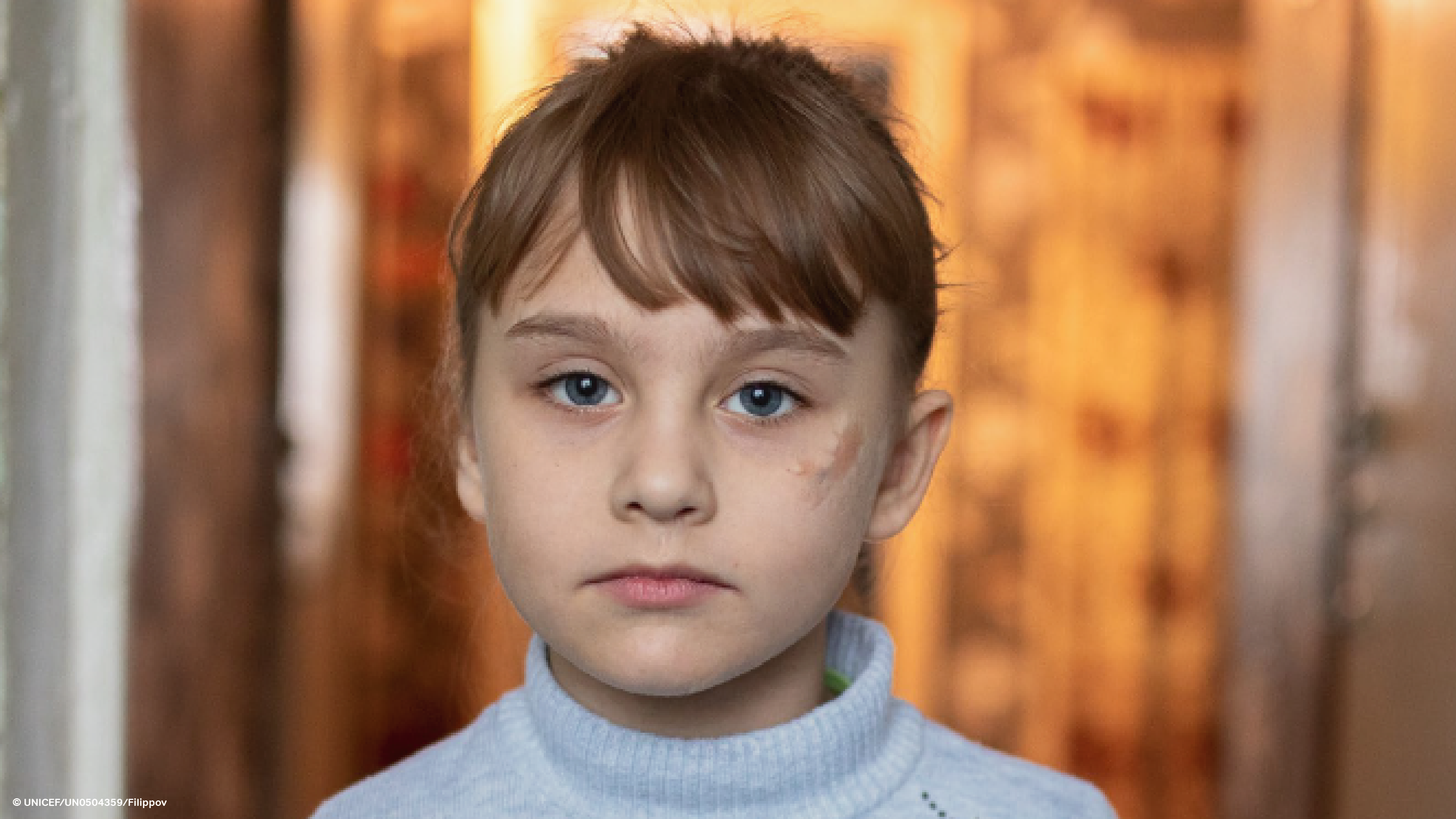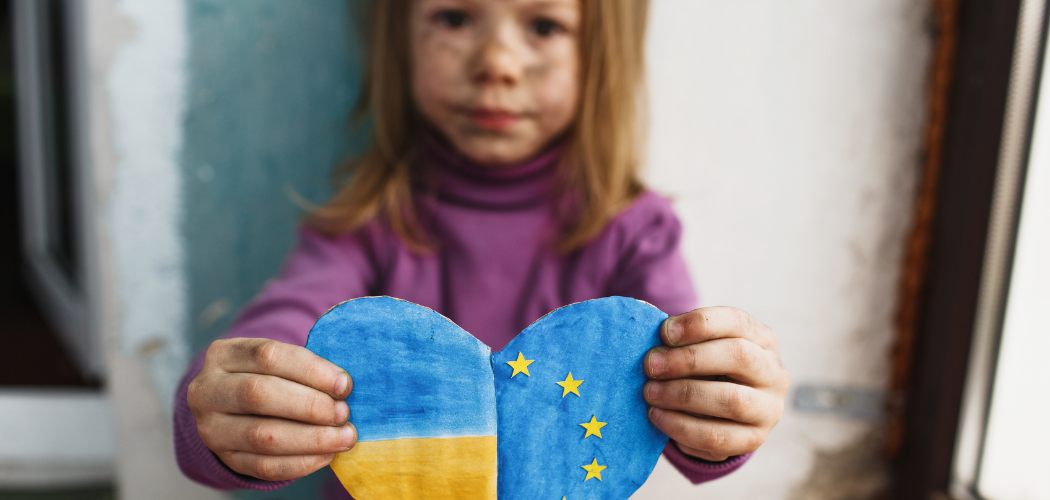National Surveys on Children in Alternative Care - 2nd edition
In 2009 Eurochild carried out a survey of the situation of children in alternative care in Europe through its member organisations.
The survey requested information on the numbers of children in alternative care including residential, community and family-based care; the profiles of children in care; the outcomes for children in care; the institutional framework and availability of data; and the existence of standards and support for children‘s participation. 30 European countries participated, including the 4 nations of the UK and Moldova.
The survey was not intended as a scientifically rigorous research exercise but rather to identify what information is readily available and to note some common trends across Europe.
The following general observations were drown from the survey:
- There is a lack of consistent and comparable data
- An estimated 1 million children in the European Union are in alternative care
- Institutional care is still widely used for children without adequate parental care across the EU
- Placement of under 35 in institutions still takes place in several Member States
- Discrimination means certain vulnerable groups are over-represented in care statistics
- Families facing poverty and social exclusion are at greater risk of their children being taken into care
- Many children with experience of care carry psycho-social problems into adulthood
- Implementation of standards to protect the rights of children in alternative care is still weak and has little involvement of children and their families
- Peer led groups of children and young people who are living, or have lived, in alternative care are still too few in Europe




